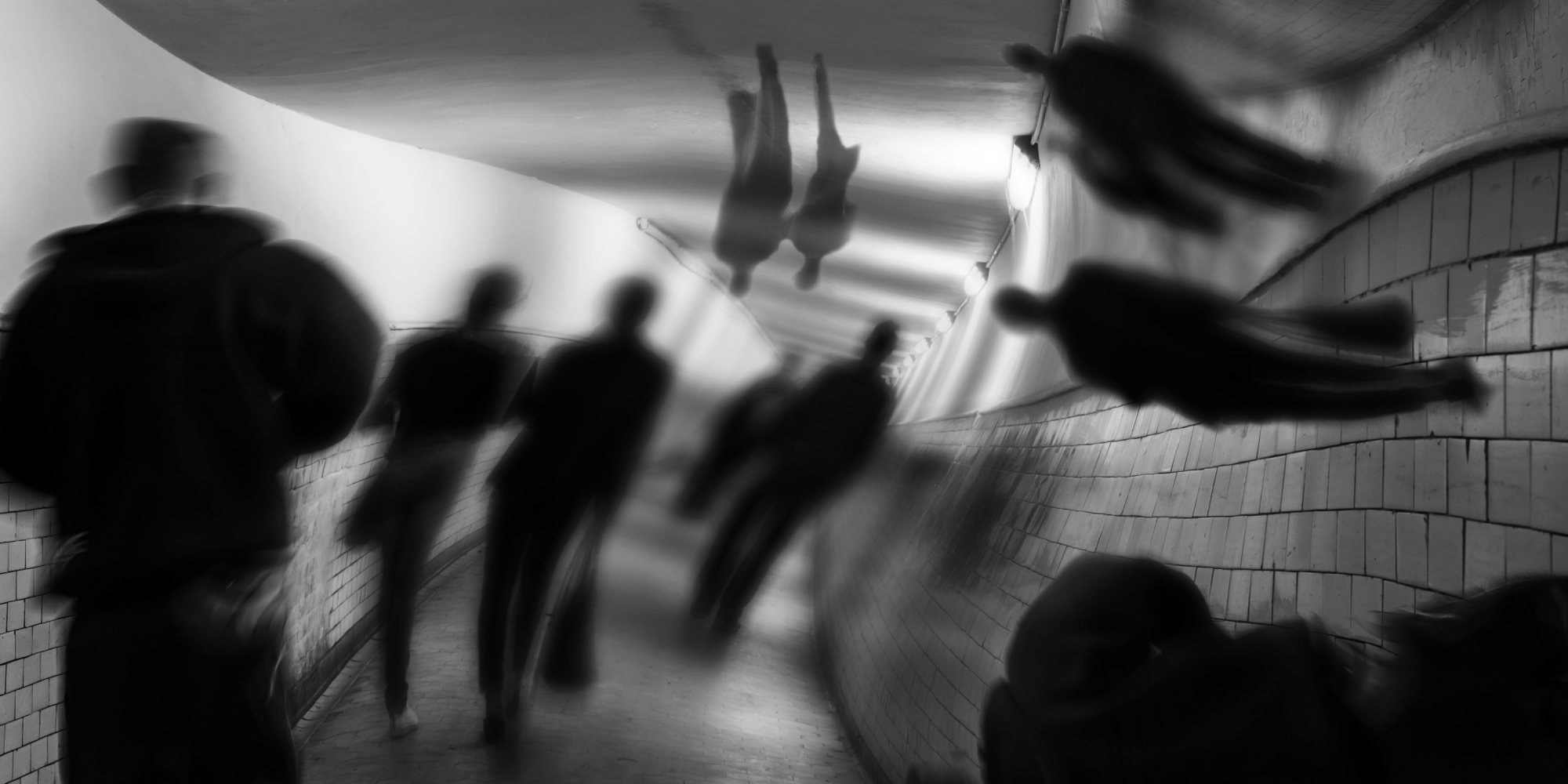Once you become aware of a mental health problem in your life, you can start taking steps to address it. But what does that process look like, really? While the recovery process is different for everyone, there are certain stages of mental health recovery that most individuals will follow.
Knowing what to expect with restoring your mental health can make it easier to take the first step, so we’re sharing the stages of recovery and how to navigate them in and around Port St. Lucie, Florida.
Contents
1. Acknowledging a Mental Health Issue

For most people, it takes time to recognize that a mental health condition is present. This is because most mental illnesses develop slowly over periods of years, and in some cases, they may be present with an individual from childhood. And if you’ve been dealing with a problem for as long as you can remember, then it becomes hard to identify that something is off.
Thus, the first stage of recovery begins by realizing that there is a problem. This can happen in one dramatic moment, but more often, recognizing mental health conditions is a process in itself. For example, you might start to notice that people around you seem happier, or that they don’t struggle with the things that feel difficult for you. Over time, noticing differences like this can lead to the realization that there is something going on in your head that isn’t healthy.
During this first stage of mental health recovery, it’s important to be aware that there is nothing “wrong” with you. Yes, you may have a mental health condition, and yes, you may need help, but that’s normal. You’re no weirder than someone who needs to see a doctor to keep their heart healthy. In fact, many mental health conditions are more common than everyday physical ailments. Mental health stigma can keep you from progressing to the next stage of recovery, so try to stay centered and grounded in the knowledge that needing help is not a flaw.
2. Diagnosing the Mental Health Condition
While there are a wide variety of ways that people go about this, receiving a diagnosis is almost always a key step in mental health recovery. The simplest and most reliable way to receive a mental health diagnosis is to speak to a mental health professional. However, before people reach this step, they often turn to self-diagnosing first.
Self-diagnosing is a complicated issue. On the one hand, there is a comfort in knowing exactly what mental health issue you’re facing. For many people, finding a diagnosis feels like finding a community, and it alleviates fears that there is something wrong with them. In this way, things like self-assessments can be great tools, especially for people who are just starting to come to terms with having a mental health condition.
On the other hand, DIY mental health screenings are not as reliable as a professional assessment. This is because the symptoms of mental health conditions often overlap. For example, a person with bipolar disorder could easily confuse their depressive episodes as a depressive disorder. In this way, mental health screenings are not perfect, so they should be followed up with a professional diagnosis.
3. Receiving Mental Health Treatment
Once you know that you have a mental health condition and you have some understanding of the symptoms you’re facing, even if you don’t have a diagnosis, the next stage of mental health recovery is to seek treatment. If the symptoms of your mental health condition are mild and don’t feel like they stop you from completing daily functions like working or maintaining relationships, then seeing a therapist or psychiatrist on an outpatient basis may be best for you.
If you find it hard to go to work or run errands or other functions of daily living, though, then you may need more intensive help. The most common route is to start with inpatient mental health treatment. This level of care gives you 24/7 support, which can be essential if you’re dealing with a serious mental health issue. While it’s not always possible to “cure” a mental illness, you can learn new coping mechanisms and receive medication management, both of which can make a world of difference in how severe those symptoms feel in your everyday life.
But that is not your only treatment option. For those who are struggling with suicidal thoughts or impulses, a crisis stabilization program may be necessary. This type of mental health care can help you rein in suicidal thoughts and get to a place where you feel more in control.
Alternatively, if you are an older adult, you might benefit from a senior mental health program. This is similar to a standard inpatient mental health program, but it addresses unique challenges that older adults face, which leads to better treatment outcomes. Another specialized treatment option is dual diagnosis care, where you can receive treatment for mental health issues and co-occurring addiction issues.
Wherever you start your treatment, the important thing about this stage of mental health recovery is getting help. The specifics can vary depending on your unique situation, but in nearly all cases, getting professional help is a big part of mental health recovery.
4. Maintaining Positive Mental Health


While inpatient treatment programs can last for several weeks, all treatment programs come to an end. And when that happens, the only thing left to do is take what you learned and use it to improve your life. But even with the best mental health treatment, it’s important to maintain good mental health after your treatment.
The specifics of this stage of recovery will largely depend on you. This could mean regular exercise, meditation, medication, talk therapy, another behavioral health practice, or a combination of many different things. While in treatment, you will determine what will work best for you, and keeping up with these new coping skills will be important in maintaining mental wellness.
Sometimes, what you learn in treatment can feel hard to implement. This is especially true if you’re struggling with a co-occurring addiction or a more sever issue, like schizophrenia. In cases where you’re struggling to put your new coping skills into practice, you might try an outpatient program like partial hospitalization. Programs like these can allow you to live at home and adjust to daily life while still receiving intensive mental health support. If you worry about having a difficult transition out of mental health treatment and into normal living, outpatient programming may be exactly what you need.
Take the Next Step in Mental Health Recovery
No matter what stage of recovery you’re in, there is never a wrong time to get help. If you have a mental health condition that feels difficult to control, then Port St. Lucie Hospital is ready to help you.
Do you have questions about our programs, or about enrollment? Call our friendly admissions specialists at (772) 238-7734 or ask your questions online. Mental health recovery is a personal journey, and we’re ready to help you take the next step.



























